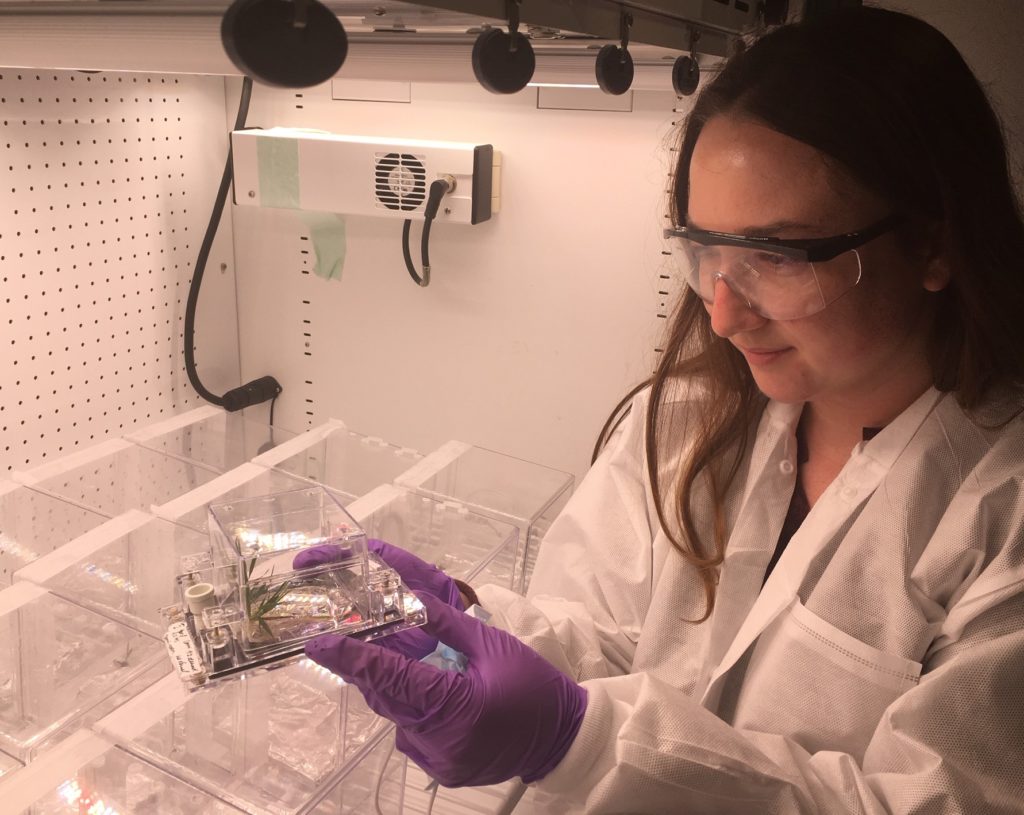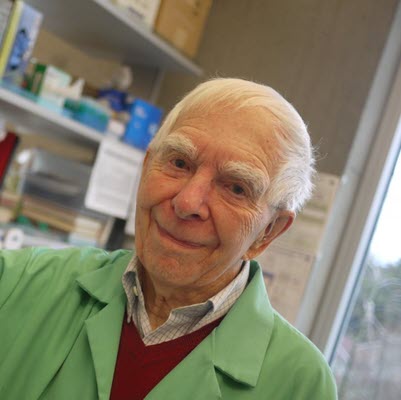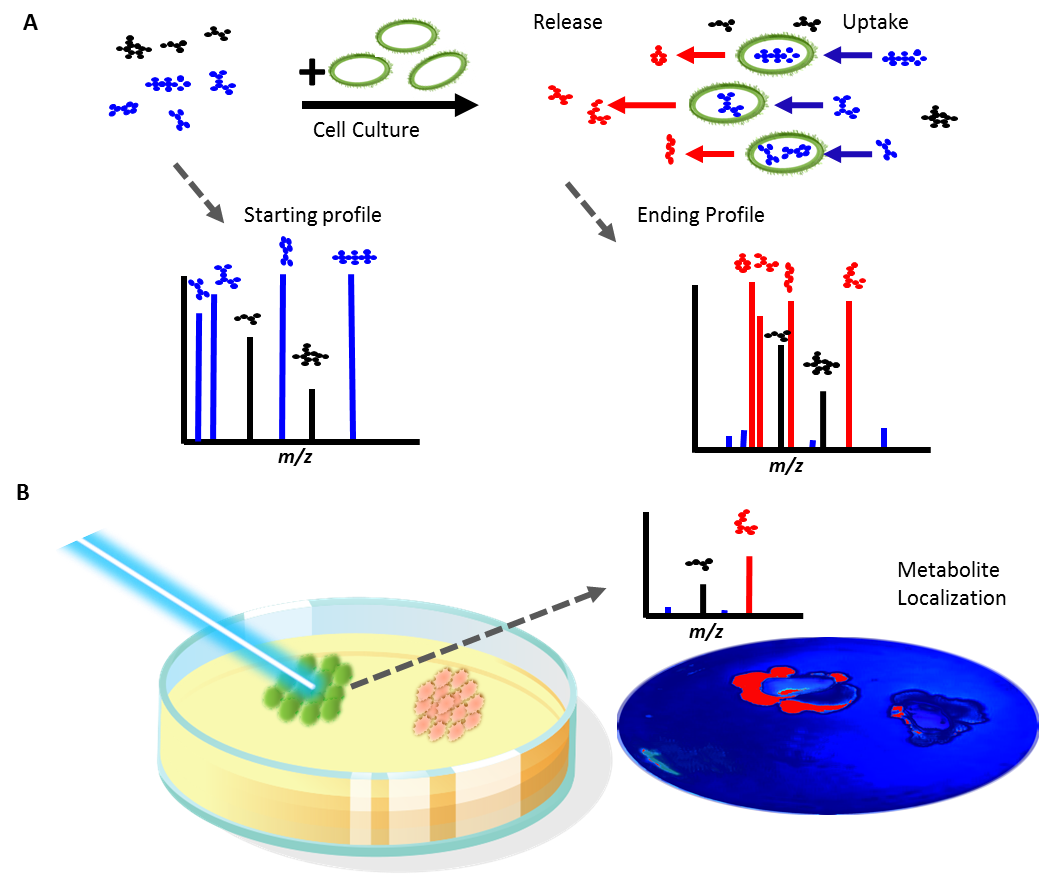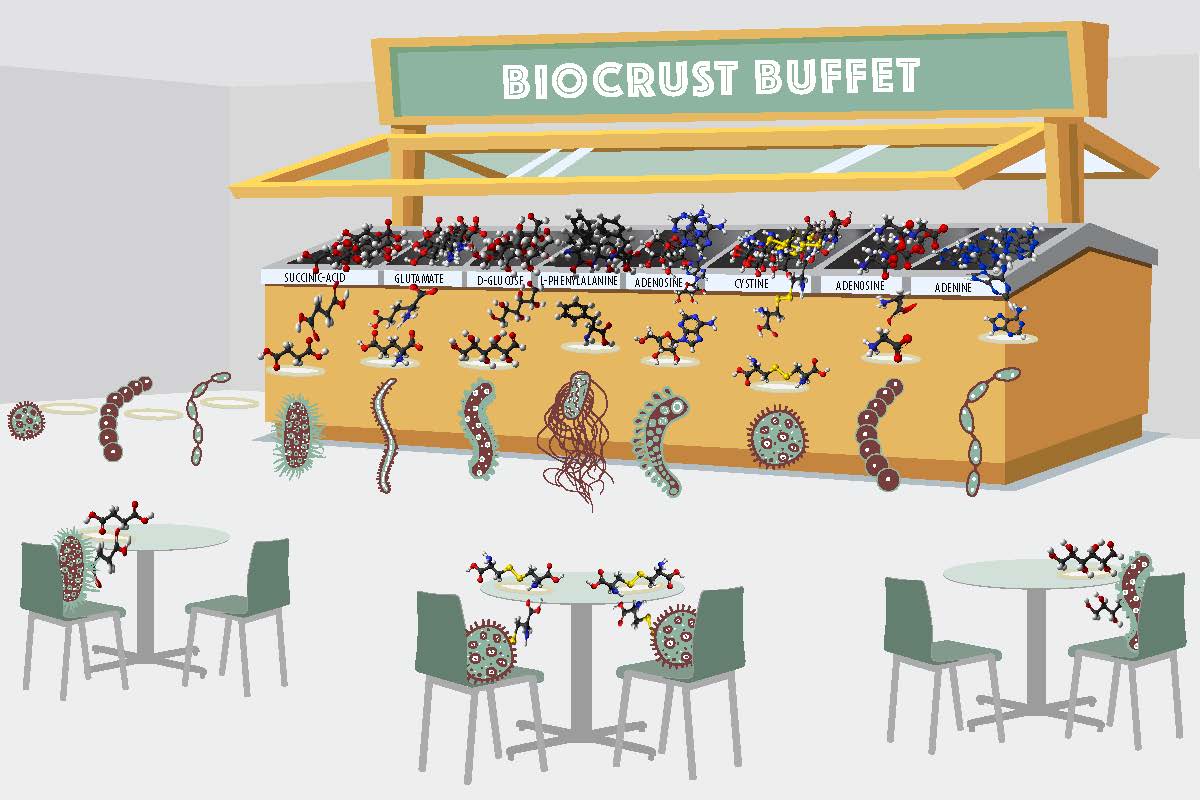
The Northen Lab is excited to welcome back Albina Khasanova, who returned to the lab to work with Kate Zhalnina. Get to know Albina in the following interview.
What is your area of expertise? Could you talk a little bit about your background and what brought you to your field?
After a bachelor’s degree in Chemistry, I obtained a master’s degree in Plant Biology at John Carroll University. Subsequently, I came to Texas to work as a research assistant as part of a multi-institution research team led by Tom Juenger at the University of Texas that focused on biofuels and plant drought responses. After two years working on this team, I joined Tom Juenger’s laboratory as a graduate student in the Plant Biology Program.
My dissertation research interests centered around using quantitative genetic approaches to study the impact of genetics and environment on variation in root and shoot traits that affect plant establishment, growth, and resource use efficiency. I utilized the developing C4 perennial grass model system, Panicum hallii and its close relative Panicum virgatum (switchgrass, a leading biofuel candidate), to understand the genetic architecture of root traits and their relationship with shoot traits in order to develop a more complete picture of the adaptive differences that arise between ecotypes in response to abiotic and biotic changes in the environment. I also examined how exposure to varying native derived microbiomes affected plant functional traits and the effect of plant genetics on microbial community composition.

During my PhD, I completed a DOE Fellowship at the Northen laboratory working on profiling the root exudate composition of P. hallii ecotypes. This work included growing plants in the presence of synthetic microbial communities in order to investigate plant exudate/microbiome relationships and examine the impact of select microbiomes on plant productivity.
I am excited to return to LNBL and join the Zhalnina group to study the persistence and mobility of synthetic communities and engineered microbes across scales. My research will focus on using Brachypodium distachyon mutants grown in EcoFAB and EcoPOD microcosm systems to dissect the role and mechanisms of aromatic acids in plant-microbe interactions with synthetic microbial communities and microbial mutant libraries.
What research topics or experimental techniques are you most excited to work on?
I am very excited to work closely with Kate Zhalnina and the Northen lab on research into the role plant metabolites play in shaping plant-microbial interaction. This work will present an excellent opportunity to broaden my knowledge of metabolomics and the creation of synthetic bacterial communities.
Is there anything you are excited to see or do in the Bay Area once the pandemic is over?
I am looking forward to exploring a wide array of biomes and natural areas that surround the Bay Area.




